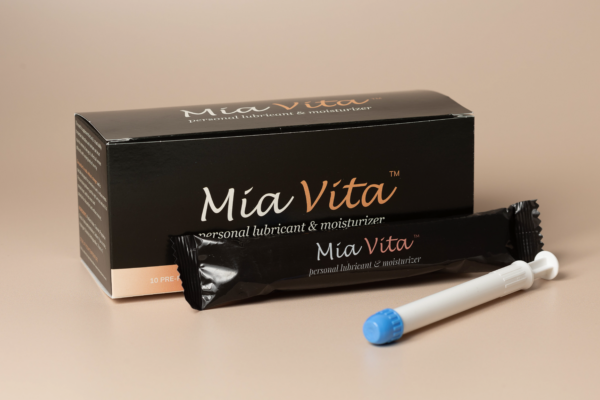
It’s an insidious fact of life that even in a democratic society like ours, disparities continue to exist. And the U.S. healthcare system is not immune by any stretch. Where menopause care is concerned, disparities can have serious health consequences.
Biological disparities set the stage for post-menopausal health challenges
Black women go through menopause 19 months earlier than White women, on average. This includes both natural menopause, which Black women typically experience about 7 months earlier, and surgical menopause, which is twice as prevalent in Black women and, when it occurs, is performed an average of 2 years earlier than for White women.
Hispanic women also tend to enter menopause at a younger age than White women and undergo surgical menopause at a similar age as Black women. Chinese and Japanese women tend to have longer menstrual cycles during the menopausal transition period compared to White women.
Early menopause has significant potential health effects that impact women in their post-menopausal years, increasing the risk or earlier onset of certain health conditions, such as dementia, cardiovascular disease, diabetes, some forms of cancer, and osteoporosis.
The effects of systemic racism on medical research
Evaluation of a 25-year study from 1994 to 2019, called the Study of Women’s Health Across the Nation (SWAN), has determined that women of color were misrepresented in that study due to disparities in the healthcare system.
The SWAN study set out to be inclusive. So, what went wrong? Many Black women were inadvertently excluded from the study because the researchers used the currently accepted median menopause age range, which is derived mainly from data on White women. They discovered that even after accounting for socioeconomic status and other variables, the disparity remained. This points to a factor or factors that had not been considered in the study design.
Disparities in menopause screening and treatment lead to health consequences
Of those who were included in the SWAN study, it was found that hot flashes were twice as common in Black compared to White women, and were more frequent and severe, and lasted an average of 10 years in Black women compared to 7 years in White women.
Black women were also:
- Five percent less likely to report symptoms of depression, but 22% less likely to have received any treatment for their depression.
- Less likely to report sleep problems, but were more frequently found to have poor sleep quality via objective testing, including shorter duration and more interrupted sleep.
- Almost twice as likely to have untreated hypertension and, when treated, 27% less likely to have their blood pressure under control.
A study on osteoporosis treatment found that Black, Asian, Hispanic, and Native American women are less likely to be screened and less likely to be prescribed medications for osteoporosis. When fractures occur, these women are less likely to receive treatment and more likely to die following a hip fracture.
Poor sleep quality is known to increase cardiovascular disease risk and a recent study by the American Heart Association found stronger associations between poor cardiovascular health and poor sleep quality, including insufficient sleep, poor quality sleep, obstructive sleep apnea, and insomnia, in women of color compared to White women.
Additionally, a small study found a racial disparity in acceptance of hormone replacement therapy as a way to manage menopause symptoms and reduce risk of menopause-related health effects, noting that twice as many White than Black women recommended for hormone replacement therapy were amenable to taking it.
One possible contributing factor that was considered is the chronic mental, emotional, and economic stresses often associated with being a member of a racial or ethnic minority group. The Black women in the SWAN study grew up during a time of institutionalized racism called the Jim Crow period, during which they experienced discrimination in housing, employment, and healthcare.
These stresses are known to speed the aging process and increase risk for certain diseases, such as cardiovascular and other aging-related diseases, a process referred to as “weathering”, and may be a contributing factor to the higher risk of cardiovascular and other diseases of aging, and overall shorter lifespan among Black women.
How these disparities in menopause care can be eliminated
Medical and healthcare research sets the standards for healthcare treatment, and in order to have effective, high-quality healthcare, all groups of people need to be equally represented in research studies. Some of the differences in how women experience menopause and healthcare during menopause stem from physiological and hormonal differences among races. However, different cultural attitudes and expectations also contribute significantly to whether and what information women share with their doctors.
Education and advocacy are key to ending disparities in menopause care. Remember to self-advocate and prepare for your visit with questions for your healthcare practitioner. Help your doctor to help you by communicating openly about your symptoms and goals. If you are feeling frustrated or if your questions and concerns are not addressed it may help to seek a second opinion.
FemmePharma has been helping women navigate menopause for over two decades. No matter where you are in your journey, you deserve to have knowledgeable, intimate healthcare partners to help you feel your best. Explore our other articles, podcast episodes with women’s health experts, and products to ease your transition into menopause.


